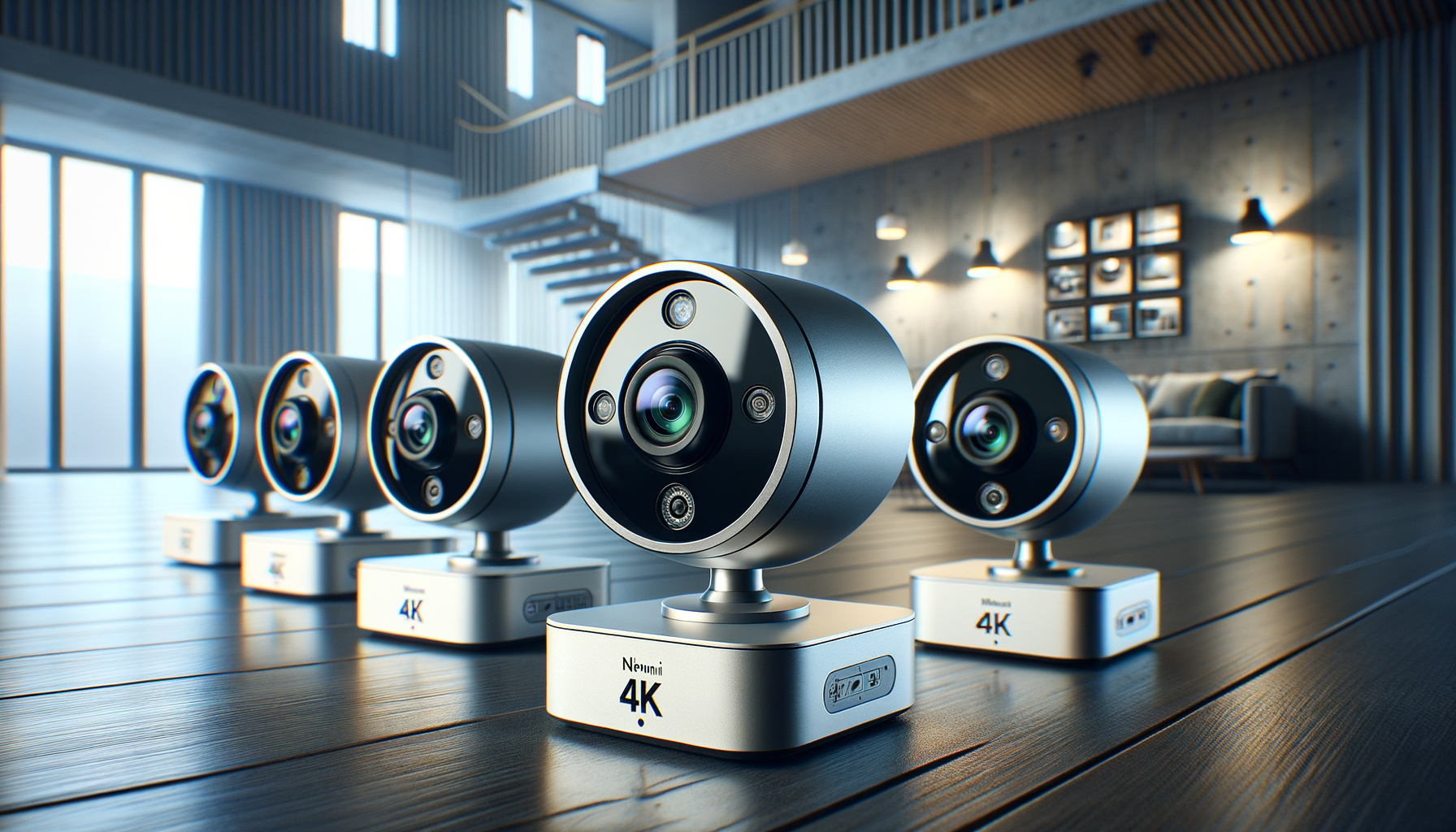The Evolution of Industrial Donut Machines
Industrial donut machines have come a long way since their inception, evolving into highly sophisticated devices that cater to the needs of large-scale production. Historically, donut making was labor-intensive, requiring skilled bakers to manually shape, fry, and glaze each donut. With the advent of automation, these machines have transformed the industry by significantly increasing production capacity and consistency.
Modern industrial donut machines are designed to handle every step of the donut-making process, from dough mixing to frying and glazing. These machines are equipped with advanced features such as automated dough dispensers, precise temperature controls, and conveyor systems that ensure each donut is perfectly cooked. The integration of these technologies has not only improved efficiency but also enhanced the quality of the final product.
As consumer demand for donuts continues to grow, especially in commercial settings like bakeries and food factories, the need for reliable and efficient machinery becomes paramount. Industrial donut machines are now pivotal in meeting this demand, offering solutions that ensure high-quality output while minimizing manual labor.
Key Features of Modern Industrial Donut Machines
Today’s industrial donut machines are equipped with a range of features that make them indispensable in commercial food production. One of the most notable features is the automated dough dispenser, which ensures consistent sizing and shape of each donut. This automation is crucial for maintaining product uniformity, which is essential for brand consistency and customer satisfaction.
Another important feature is the precise temperature control system. This allows for optimal frying conditions, ensuring that each donut is cooked evenly and maintains the desired texture and taste. The ability to control temperature accurately reduces the risk of overcooking or undercooking, which can affect the quality of the donuts.
Additionally, modern machines often include conveyor systems that streamline the production process. These conveyors transport the donuts through various stages of production, from frying to glazing, with minimal human intervention. This not only speeds up the production process but also reduces the likelihood of contamination, ensuring a hygienic product.
- Automated dough dispensers for consistency
- Precise temperature control systems
- Integrated conveyor systems for streamlined production
Advantages of Using Industrial Donut Machines
The use of industrial donut machines offers numerous advantages for businesses involved in large-scale food production. One of the primary benefits is the significant increase in production capacity. These machines can produce hundreds or even thousands of donuts per hour, far surpassing the output of manual production methods.
Another advantage is the reduction in labor costs. By automating the donut-making process, businesses can reduce the number of staff required, leading to cost savings. This is particularly beneficial for large operations where labor costs can be a significant expense.
Moreover, industrial donut machines contribute to improved product consistency. With automated systems controlling every aspect of production, businesses can ensure that each donut meets their quality standards. This consistency is vital for maintaining customer satisfaction and brand reputation.
- Increased production capacity
- Reduction in labor costs
- Improved product consistency
Challenges and Considerations in Implementing Industrial Donut Machines
Despite the many benefits, there are challenges and considerations that businesses must address when implementing industrial donut machines. One of the primary challenges is the initial investment cost. These machines can be expensive, and businesses need to ensure that the investment will provide a return in terms of increased production and efficiency.
Another consideration is the space required for these machines. Industrial donut machines can be large and require adequate space for installation and operation. Businesses must ensure they have the necessary infrastructure to accommodate these machines.
Additionally, there is the need for skilled operators to manage and maintain the machines. While the machines automate many processes, human oversight is still required to ensure everything runs smoothly. Training staff to operate and troubleshoot these machines is essential for minimizing downtime and maintaining productivity.
- High initial investment cost
- Space requirements for installation
- Need for skilled operators
The Future of Industrial Donut Machines
As technology continues to advance, the future of industrial donut machines looks promising. Innovations in automation and robotics are expected to further enhance the efficiency and capabilities of these machines. For instance, the integration of artificial intelligence could lead to even more precise control over the production process, optimizing every aspect from dough consistency to frying time.
Additionally, sustainability is becoming a key focus in the food industry, and future machines may incorporate eco-friendly technologies to reduce energy consumption and waste. This could include energy-efficient frying systems and recyclable materials for machine components.
Moreover, as consumer preferences evolve, there may be a demand for machines that can produce a wider variety of donut types, including those catering to dietary restrictions such as gluten-free or vegan options. The ability to adapt to these trends will be crucial for businesses looking to stay competitive in the market.
- Integration of artificial intelligence
- Focus on sustainability and energy efficiency
- Adaptation to consumer trends and preferences




Leave a Reply